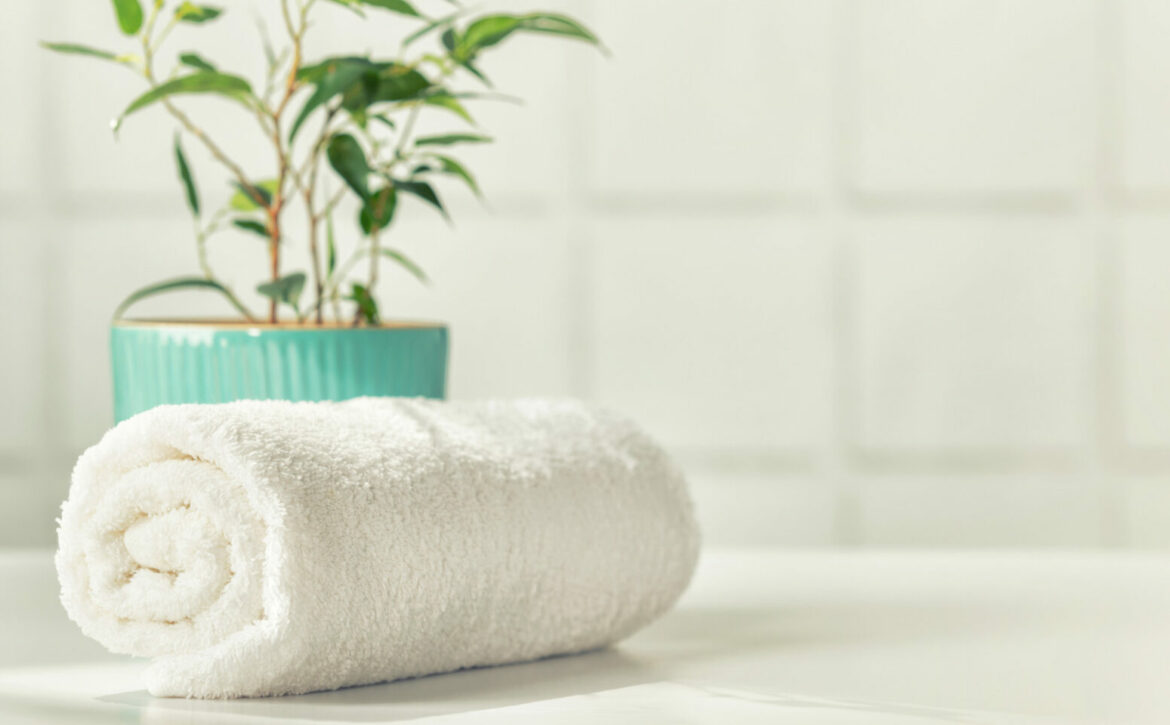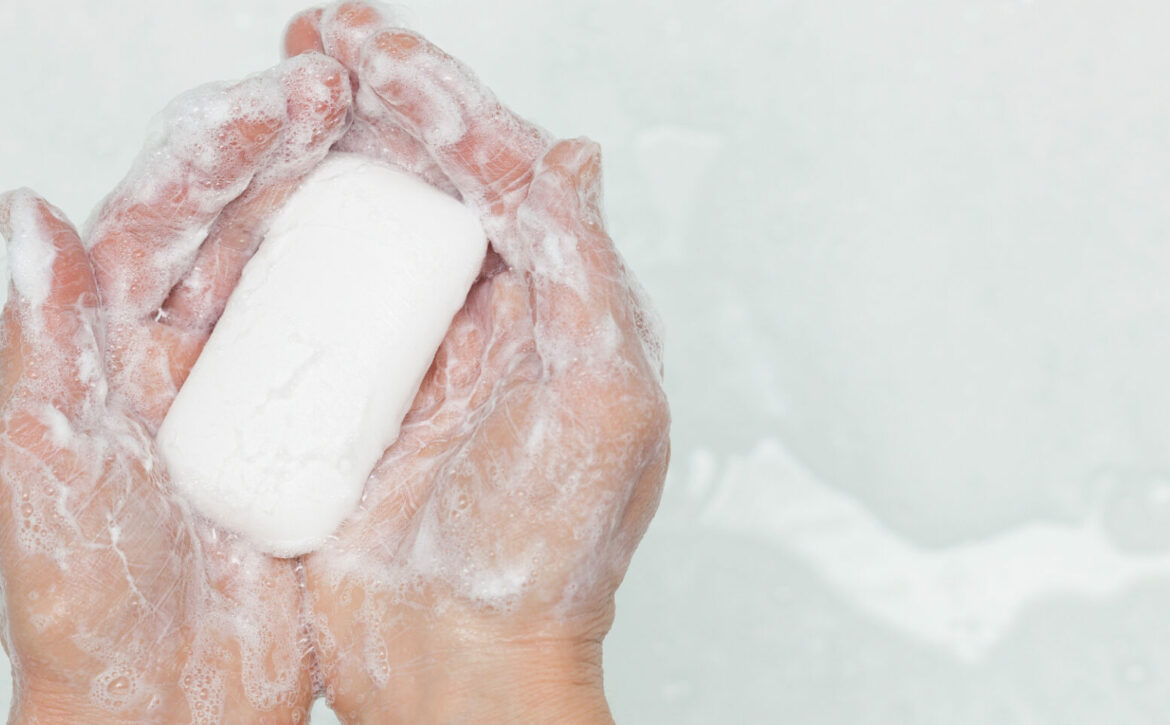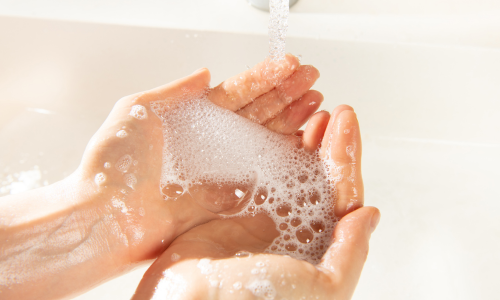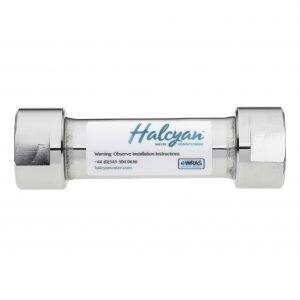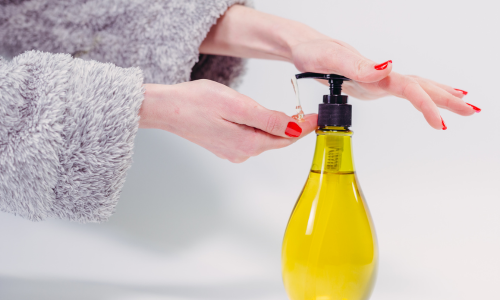Understanding the Grime on Grout: What Causes Build-Up and How to Deal with It
Grout, the mortar-like substance that fills the spaces between tiles, plays a crucial role in the aesthetics and durability of your tiled surfaces. However, it’s also a magnet for dirt, grime, and unsightly build-up. If you’ve ever wondered what causes these stubborn deposits on your grout lines, this blog is here to shed light on the culprits and provide some practical tips on how to deal with them effectively.
The Dirty Grout Culprits:
- Mould and Mildew: Moisture-rich environments, such as bathrooms and kitchens, are prime breeding grounds for mould and mildew. When spores find their way into the grout and encounter moisture, they can grow rapidly, leading to the formation of dark, unattractive stains.
- Hard Water Deposits: In areas with hard water, the minerals (usually calcium and magnesium) present in the water can accumulate on your grout lines as the water evaporates. This leads to the formation of white, chalky deposits that are notoriously difficult to remove.
- Soap Scum: In the shower or around sinks, soap and shampoo residue can build up over time. When mixed with minerals from hard water, it can form a sticky, soap scum layer that adheres to grout.
- Dirt and Grime: Over time, the natural accumulation of dust, dirt, and oils can settle into the porous surface of grout, making it appear darker and more challenging to clean.
- Food and Beverage Spills: In kitchen areas, accidental spills of food and beverages can lead to staining and residue build-up on grout lines.
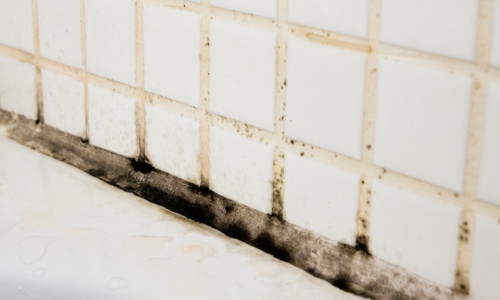
Dealing with Dirty Grout:
- Regular Cleaning: The most effective way to prevent build-up on grout is to clean it regularly. Routine maintenance can go a long way in preventing mould, hard water deposits, and other contaminants from taking hold.
- Proper Ventilation: Proper ventilation in bathrooms and kitchens can help reduce moisture levels, discouraging mould and mildew growth.
- Seal Your Grout: Applying a quality grout sealer creates a protective barrier, making it more difficult for contaminants to penetrate the grout and take root.
- Use the Right Cleaning Products: Select cleaning products that are appropriate for grout cleaning. There are specific grout cleaners available that are formulated to tackle mould, hard water stains, and other grime.
- Scrub Gently: When cleaning grout, use a soft-bristle brush to scrub the surface gently. Avoid using abrasive tools that can damage the grout.
- Professional Cleaning: If grout build-up is severe or has become a persistent issue, consider professional grout cleaning or regrouting services to restore the surface to its original glory.
Can Dirty Grout be Prevented?
If cleaning your grout seems like an endless game of whack-a-mole then it’s time to start looking for a more permanent solution. A Halcyan Water Conditioner can be a valuable addition to your home for preventing limescale build-up and maintaining cleaner grout:
- The Halcyan Reduces Mineral Deposits: Halcyan Water Conditioners are designed to alter the behaviour of mineral ions in your water, making them less prone to forming limescale deposits. When water evaporates on your grout lines, the treated water is less likely to leave behind calcium and magnesium deposits, reducing the formation of hard water stains and build-up on your grout.
- Long Term Prevention: Halcyan Water Conditioners provide a continuous and long-term solution for preventing limescale. By reducing the build-up of hard water deposits and accumulation of soap scum, these conditioners help keep your grout cleaner over time.
- Easier Cleaning: With less limescale forming on your grout, cleaning becomes more manageable and less frequent. You’ll spend less time scrubbing grout lines and more time enjoying your clean and attractive tiled surfaces.
- Extending the Lifespan of Tile and Grout: By preventing limescale and mineral deposits, a Halcyan Water Conditioner can also extend the lifespan of your grout and the tiles themselves. Prolonged exposure to mineral deposits can weaken grout, making it more susceptible to dirt and staining.
- Environmental Benefits: Halcyan Water Conditioners are eco-friendly and do not rely on the use of salt or chemicals like traditional water softeners. This makes them a more sustainable and environmentally responsible choice.
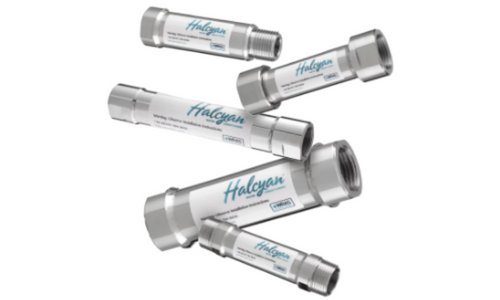
Conclusion
Understanding what causes build-up on grout is the first step in effective maintenance. With proper care and cleaning techniques, you can keep your grout lines looking clean and fresh, enhancing the beauty and longevity of your tiled surfaces. Don’t let grout grime get the best of your bathroom or kitchen—take action to prevent and remove it for a brighter and more attractive space.
If you’d like to find out more about the Halcyan Water Conditioner, you can explore our Knowledge Centre and find out how it works here. You can call our expert team on 0345 504 0656 for more information on how you, your home and your garden can benefit from installing a Halcyan.
Why Choose Halcyan?
Halcyan Water Conditioners is a British company based in Bristol and our alloy-based solution to hard water is unique to the UK. Our alloy-based Water Conditioner is an eco-friendly, people-friendly solution to hard water and keeping your grout woes at bay! With our 30 Year Warranty and our 12 Month Money Back Performance Guarantee, the Halcyan is the perfect ‘fit and forget’ solution!
Learn More

